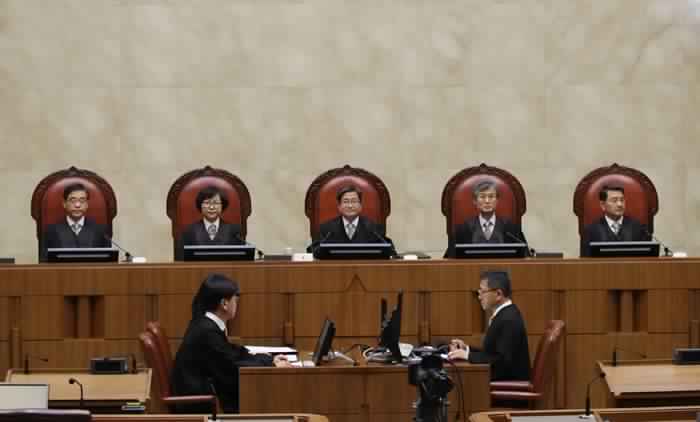Japanese Court Orders Seizure of Crypto Assets Linked to 2018 Coincheck Hack
A Tokyo court has issued a landmark ruling ordering the seizure of cryptocurrency assets tied to the 2018 Coincheck hack, one of the largest heists in the history of the digital asset industry. The court directed the confiscation of about 4.8 million yen ($45,000) in Bitcoin (BTC) and NEM (XEM) from a suspect accused of purchasing stolen cryptocurrency.
The decision marks Japan’s first legal seizure of digital assets, setting a precedent for future cases involving cryptocurrency-related crimes.
The Coincheck Hack: A Recap
In January 2018, the cryptocurrency exchange Coincheck suffered a devastating security breach, losing over $530 million worth of NEM (XEM) tokens. The hack remains one of the largest thefts in cryptocurrency history, sparking debates over exchange security and regulatory oversight.
The Court’s Ruling
The Tokyo District Court ordered the seizure of crypto assets held by Takayoshi Doi, a 30-year-old doctor from Obihiro, Hokkaido. Doi was arrested in March for purchasing stolen NEM tokens, which prosecutors allege were acquired through a domestic cryptocurrency exchange.
Details of the Ruling:
- Seized Assets: Approximately $45,000 in Bitcoin (BTC) and NEM (XEM).
- Protective Order: A court-ordered freeze on Doi’s digital assets to enable confiscation.
- Potential Auction: If Doi is found guilty, the seized assets may be auctioned, with proceeds used to compensate Coincheck victims.
The Role of Takayoshi Doi
Authorities do not believe that Doi was directly involved in the Coincheck hack itself. However, he faces charges for:
- Purchasing Stolen Crypto: Violating laws against organized crime by acquiring stolen NEM tokens.
- Connection to Domestic Exchanges: Prosecutors allege the stolen tokens were deposited into a local cryptocurrency exchange.
Implications of the Ruling
This court order has several significant implications for Japan and the global cryptocurrency industry:
1. Legal Precedent
The ruling represents the first legal seizure of digital assets in Japan, establishing a framework for handling stolen cryptocurrency in future cases.
2. Victim Compensation
If the assets are auctioned, proceeds could be directed toward compensating victims of the Coincheck hack, providing a measure of justice for those affected.
3. Enhanced Legal Clarity
The case highlights Japan’s commitment to addressing cybercrime in the cryptocurrency sector, reinforcing its regulatory framework for digital assets.
Japan’s Approach to Crypto Regulation
Japan has been at the forefront of cryptocurrency regulation, with a focus on consumer protection and exchange oversight. The Coincheck hack prompted significant reforms, including:
- Stricter Exchange Licensing: Exchanges must adhere to rigorous security standards to operate in Japan.
- Enhanced Reporting Requirements: Increased transparency in cryptocurrency transactions.
- Collaborations with Law Enforcement: Improved coordination between exchanges and authorities to trace stolen assets.
Next Steps in the Case
The legal proceedings against Takayoshi Doi are ongoing. If convicted, the seized assets will be forfeited to the government. The case may also encourage other countries to adopt similar measures for handling stolen cryptocurrency assets.
Conclusion
The Tokyo court’s decision to seize crypto assets linked to the Coincheck hack underscores Japan’s leadership in addressing cybercrime in the cryptocurrency space. As digital assets gain global prominence, this ruling sets a critical precedent for balancing innovation with accountability and security.
By taking decisive action, Japan is reinforcing its commitment to protecting investors and fostering trust in the cryptocurrency ecosystem.
To learn more about the innovative startups shaping the future of the crypto industry, explore our article on latest news, where we delve into the most promising ventures and their potential to disrupt traditional industries.
Disclaimer: The information provided is not trading advice, Bitcoinworld.co.in holds no liability for any investments made based on the information provided on this page. We strongly recommend independent research and/or consultation with a qualified professional before making any investment decisions.

